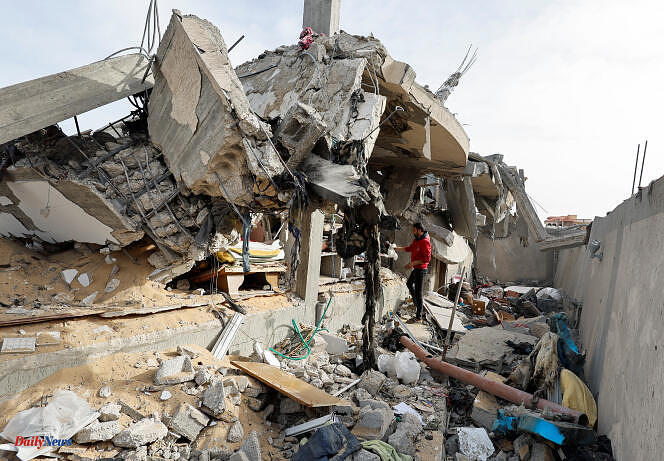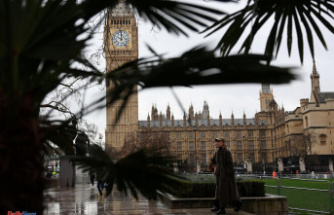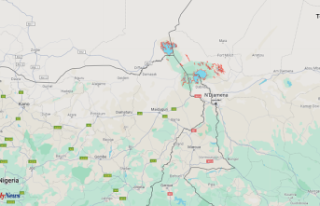Air raids and clashes continued on Tuesday March 26 in the Gaza Strip despite a first resolution the day before from the United Nations (UN) demanding an “immediate ceasefire” in the Palestinian territory. . The text “demands an immediate ceasefire for the month of Ramadan” – which began two weeks ago –, which should “lead to a lasting ceasefire”, and “demands the immediate and unconditional release of all the hostages.” Not implementing this resolution would be “unforgivable”, judged the Secretary General of the United Nations, Antonio Guterres, in the wake of the vote, welcomed by major capitals.
Early Tuesday, however, the Hamas health ministry reported 70 deaths overnight, including 13 in airstrikes near Rafah, a town at the southern tip of Gaza where 1.5 million Palestinians are crowded together, the the majority of them displaced by the violence in the rest of the territory. And rocket alarms sounded around Gaza, according to the Israeli army.
On the ground, the situation remains critical for the 2.4 million inhabitants of the narrow strip of land, subject to a total blockade and threatened with famine, according to the UN and international organizations. At least two large hospitals, accused by Israel of housing Hamas bases, are targeted by army operations, a week after the start of the intervention against the Al-Shifa hospital in the city of Gaza, on largest in the territory.
This hospital and its surroundings were targeted by artillery fire on Monday, according to Hamas, as were the surroundings of Al-Amal hospital in Khan Younes. The Palestinian Red Crescent announced overnight that it had evacuated 27 members of its staff from Al-Amal, after the departure on Sunday of displaced people who had found refuge there.
The war, launched by Hamas on October 7, resulted in the deaths of at least 1,160 Israelis, mostly civilians, according to an Agence France-Presse tally based on official Israeli data. On the Palestinian side, the Ministry of Health reports 32,333 deaths so far, and again, the majority are civilians.
The resolution for a ceasefire was adopted with 14 votes in favor and one abstention: the United States. Israel's historic ally, Washington had until now opposed the term "ceasefire" in UN resolutions, blocking three texts to this effect. “This is a clear step back from the consistent position of the United States in the Security Council since the start of the war,” said the office of Israeli Prime Minister Benjamin Netanyahu. As soon as the text was adopted, Israel canceled an expected delegation's visit to Washington, declaring that American abstention was "harming" both its war effort and its efforts to free hostages held in Gaza.
Hamas, for its part, “welcomed the UN Security Council's call for an immediate ceasefire” and accused Israel of the “failure” of the talks – under the aegis of Qatar, Egypt and the United States – for a truce of several weeks coupled with the release of Israeli hostages and Palestinian prisoners.












